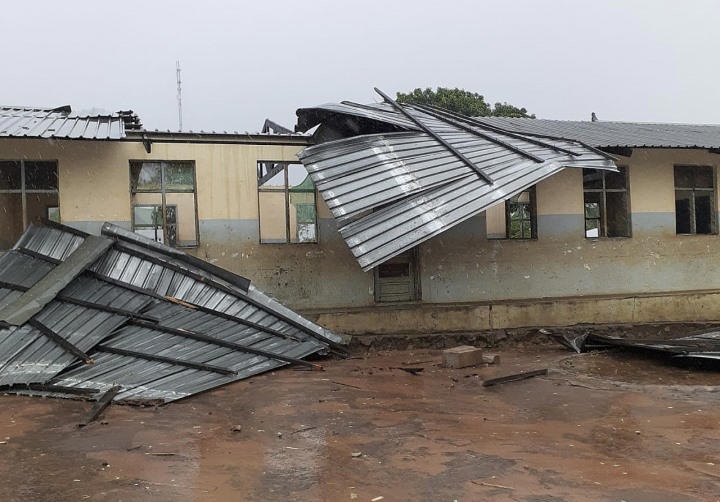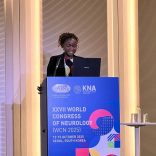Mozambique: Spanish Foundation stresses urgency of efforts to combat child mortality - Watch
Mozambique: Cyclone Chido destroyed 337 schools in Cabo Delgado in December

FILE - For illustration purposes only. [File photo: Lusa]
Cyclone Chido destroyed 337 schools and three district education departments in Cabo Delgado province in northern Mozambique in December, according to official figures released on Friday.
According to the spokesperson for the Cabo Delgado provincial education department, Rachide Sualé, the situation affects more than 108,000 students and 1,280 teachers in eight districts, with Mecúfi, Chiúre, Namuno and Metuge being the worst affected, just a few weeks before the start of the 2025 school year.
“We have three district education, youth and technology departments that have been severely affected, with 337 schools and a total of 1,419 classrooms destroyed (…), 166 administrative blocks in these schools and 512 toilets destroyed, and there was also damage to 92 teachers’ homes,” the spokesperson detailed in an assessment.
Intense Tropical Cyclone Chido, a Level 3 (on a scale of 1 to 5), hit the coast of northern Mozambique in the early hours of December 14, later weakening to a severe tropical storm. In the following days, it continued to batter provinces in northern Mozambique with “very heavy rains of over 250 mm in 24 hours, accompanied by thunderstorms and winds with very strong gusts”, according to the National Emergency Operations Centre.
Recently updated data from the Mozambican authorities indicate that at least 120 people died and another 868 were injured during the cyclone’s passage through northern and central Mozambique.
According to Rachide Sualé, the provincial education department of Cabo Delgado is working with the United Nations Children’s Fund (UNICEF) to mitigate the impact of the cyclone in the eight districts and try to improve student performance in the next school year.
“We have Unicef, which has already delivered sheets, nails and beams to Mecúfi, Chiúre and Metuge, to quickly build classrooms, […] to accommodate children who will be in school after January 31st,” said Sualé, adding that construction would begin next week.
“We have 72 temporary spaces in Chiúre; 17 temporary spaces will be built in Metuge and 16 in Mecúfi,” he concluded.
The cyclone affected 687,630 people, members of 138,037 families, in the provinces of Cabo Delgado, Niassa and Nampula, in the north, and Tete and Sofala, in the centre, according to the National Institute for Disaster Risk Management and Reduction of Mozambique.
Of the total confirmed deaths, 110 were recorded in Cabo Delgado, seven in Nampula and three in Niassa.
Mozambique is among the countries most severely affected by climate change, facing floods and tropical cyclones during its rainy season, which runs from October to April.












Leave a Reply
Be the First to Comment!
You must be logged in to post a comment.
You must be logged in to post a comment.